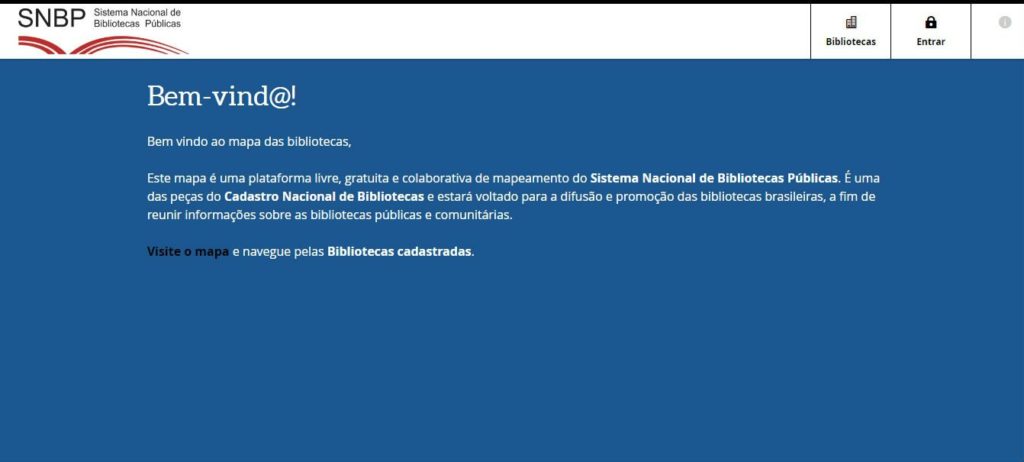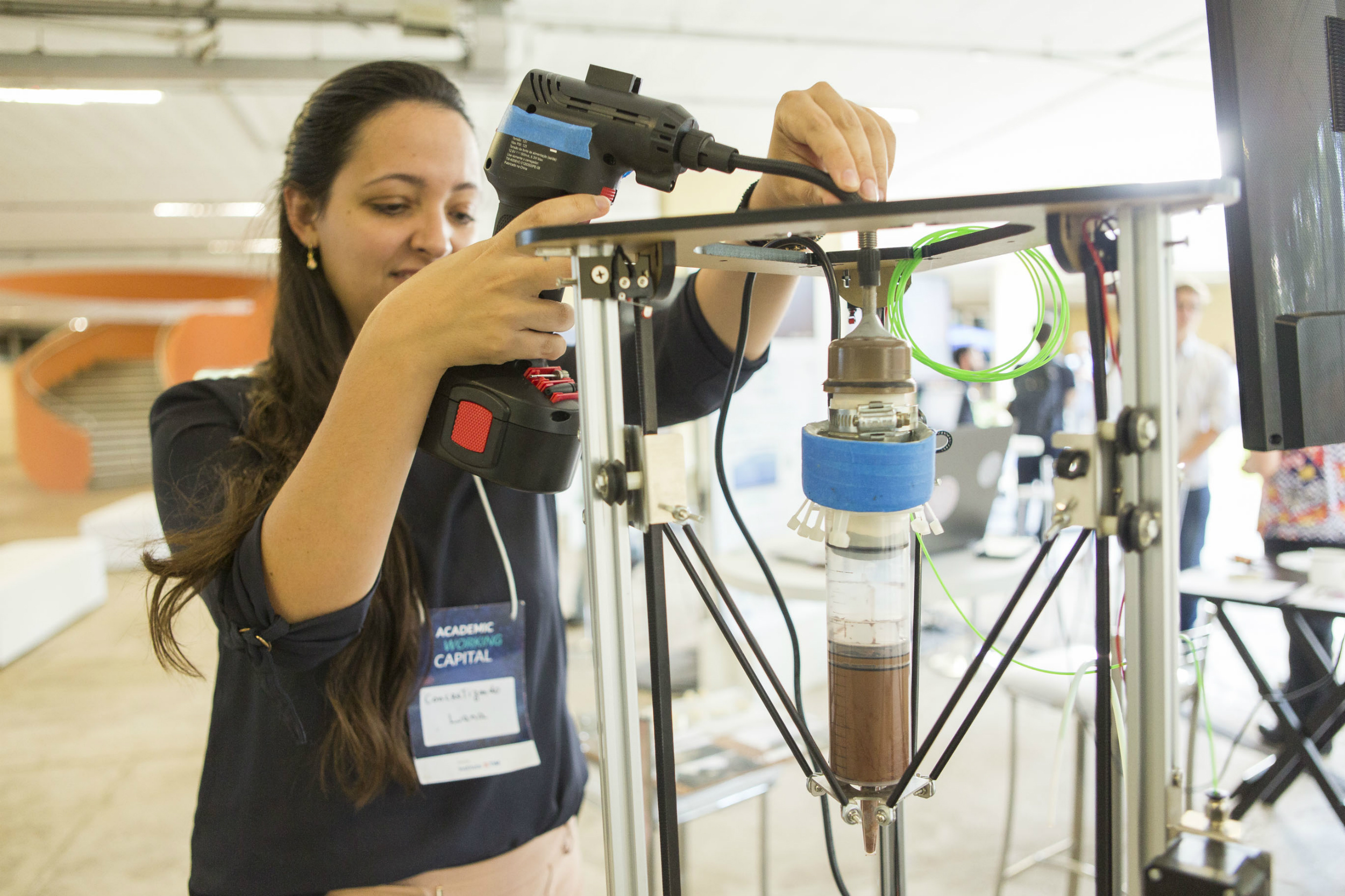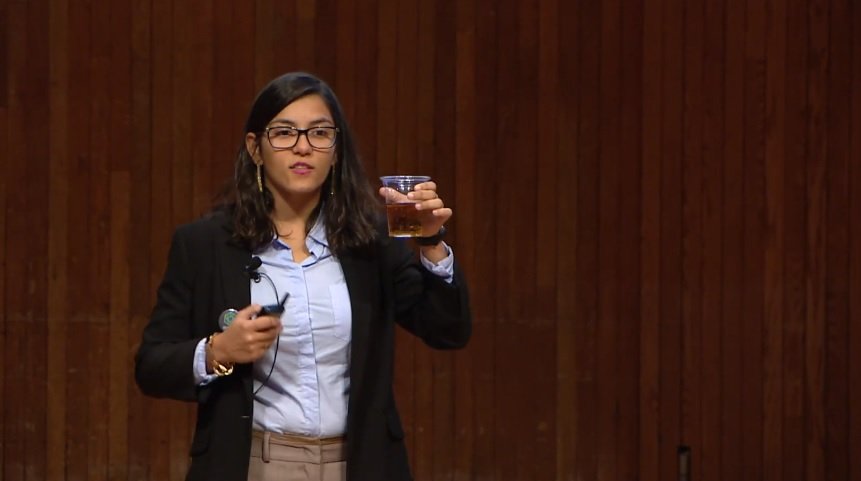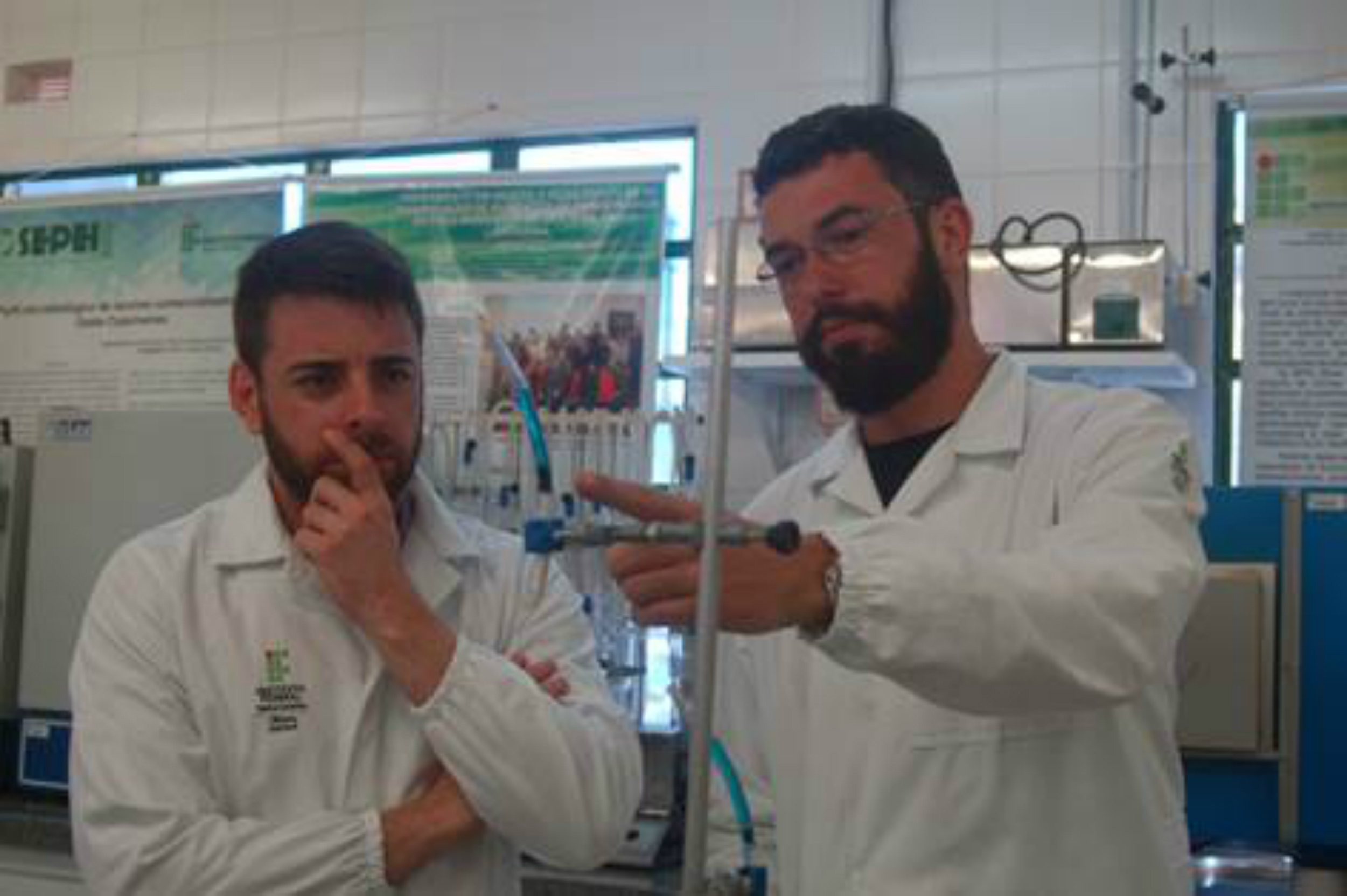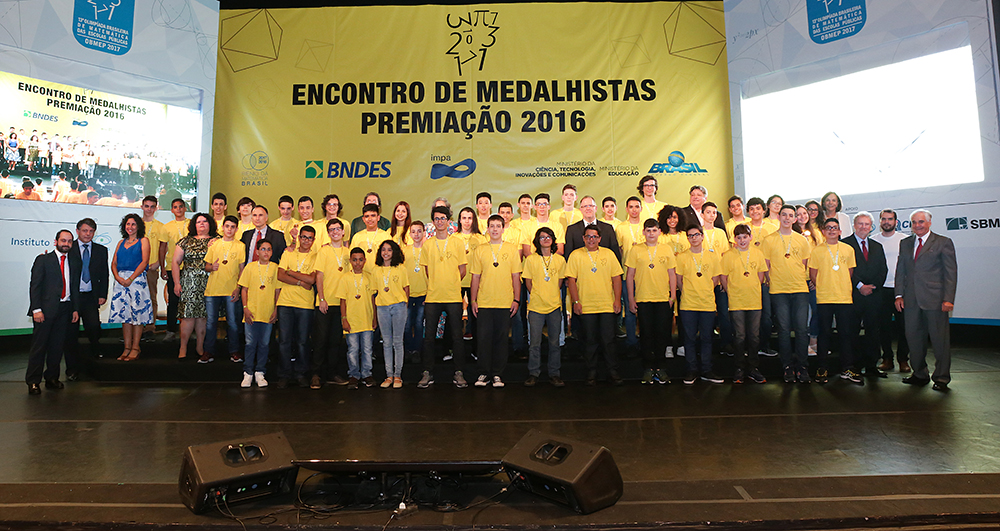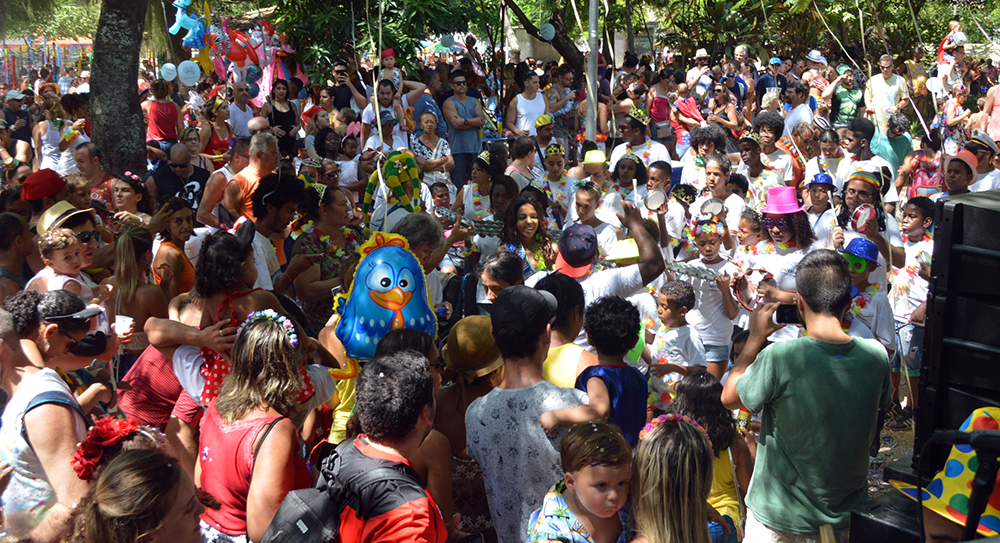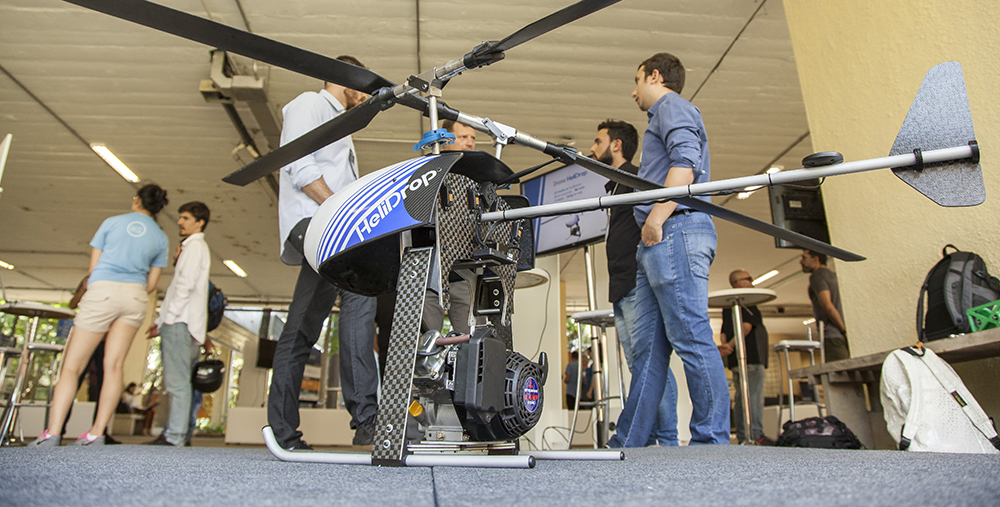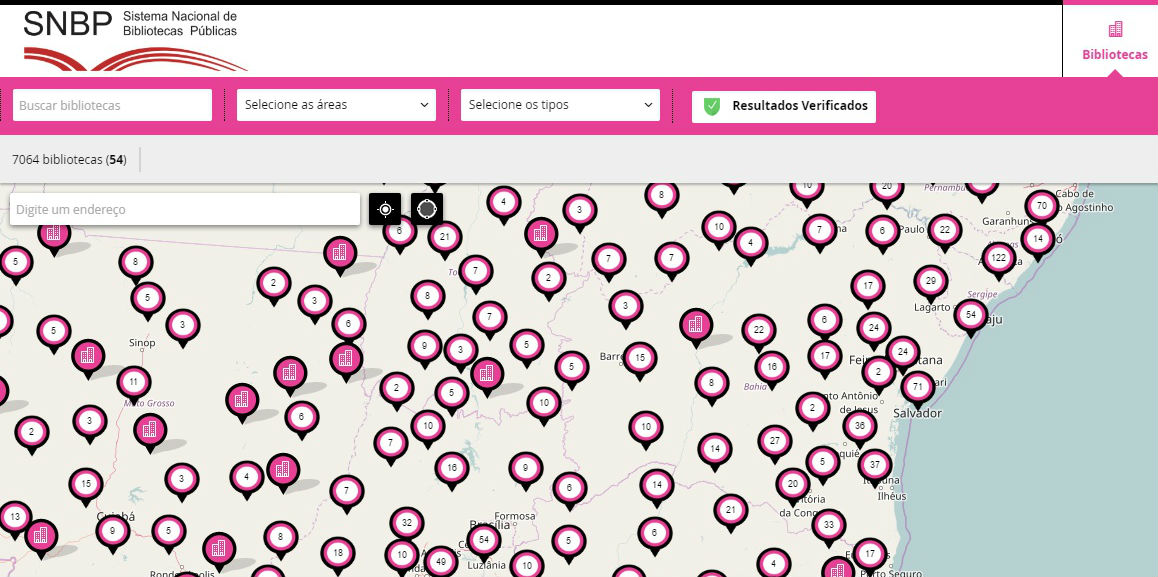
Libraries all over Brazil can be found in Mapa das Bibliotecas (Libraries Map), a collaborative mapping platform from the National System of Public Libraries (SNBP) and one of the four deployments of the open source software Mapas Culturais performed by the Ministry of Culture (MinC). More than 7,000 libraries are registered on the platform, which was released in 2015 and is one of the pieces of the National Registration of Libraries.
Brazilian libraries are mapped since 1992 by SNBP. Now, with Mapa das Bibliotecas, this information is available for free to all the citizens. In the platform, the user finds information such as address, contact, type of library (such as public or private), area (Philosophy, History, among others), events calendar, institution to which the library is linked and accessibility data (not only the building accessibility, but also the archive and equipment).
In addition of consulting, any person can collaborate by suggesting the inclusion of other libraries. A team makes the query to the institution or coordinator of the responsible state to check if the place is a functioning library. Users can also contact to accuse a library that is no longer functioning or that is improperly registered.
Vanessa Vieira, that worked at the General Coordination of SNBP, explains the early focus of the platform was public and community libraries, but the goal is that all types of libraries existing in Brazil are mapped. One of the goals of the National Plan of Culture for 2020 is that all cities in the country have at least one public library. “This data is essential to know the amount of libraries and how many municipalities do not have a library yet”, she says.
Vanessa highlights the importance of the contribution of library managers and state coordinations to make the platform as more complete as possible. “The purpose is that data is available either for the citizen who wants to know which is the nearest library or for surveys and researches from public bodies”, she states.
